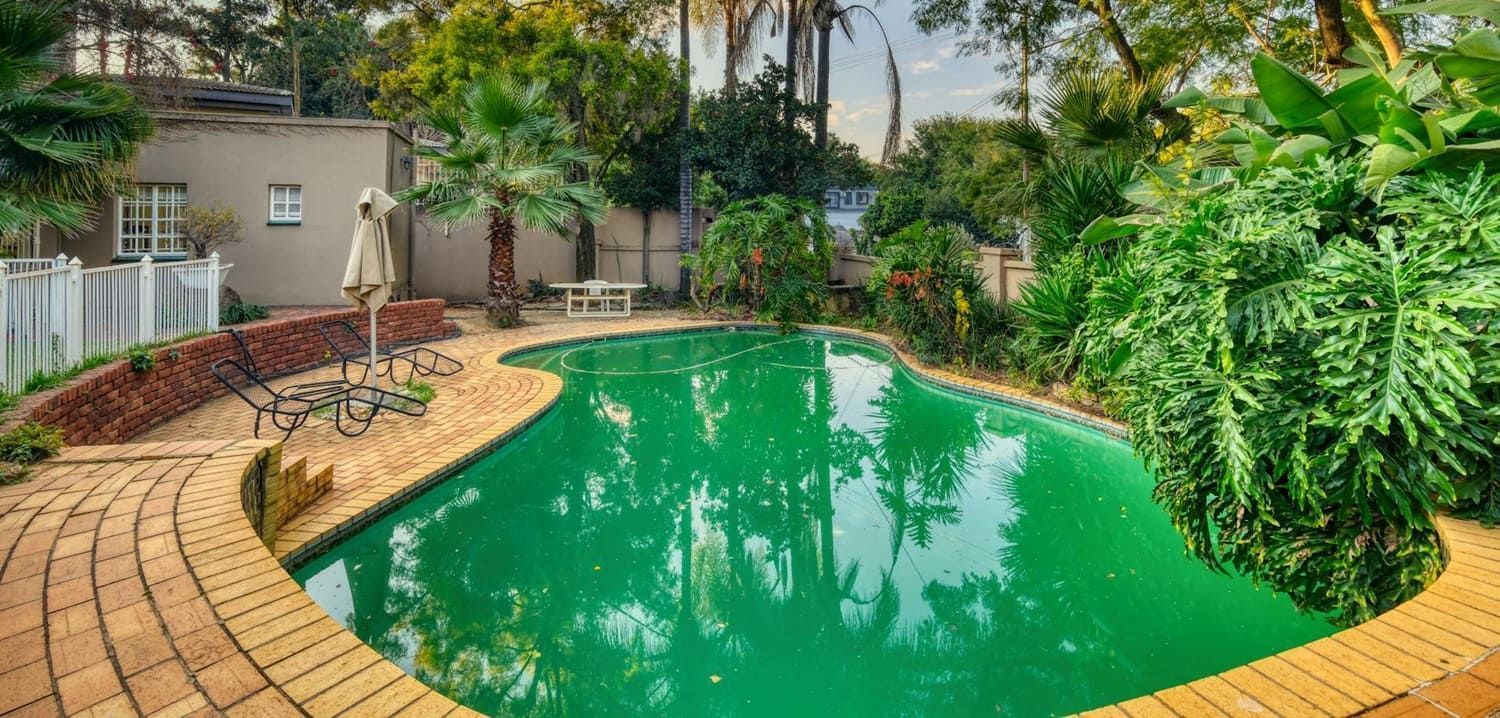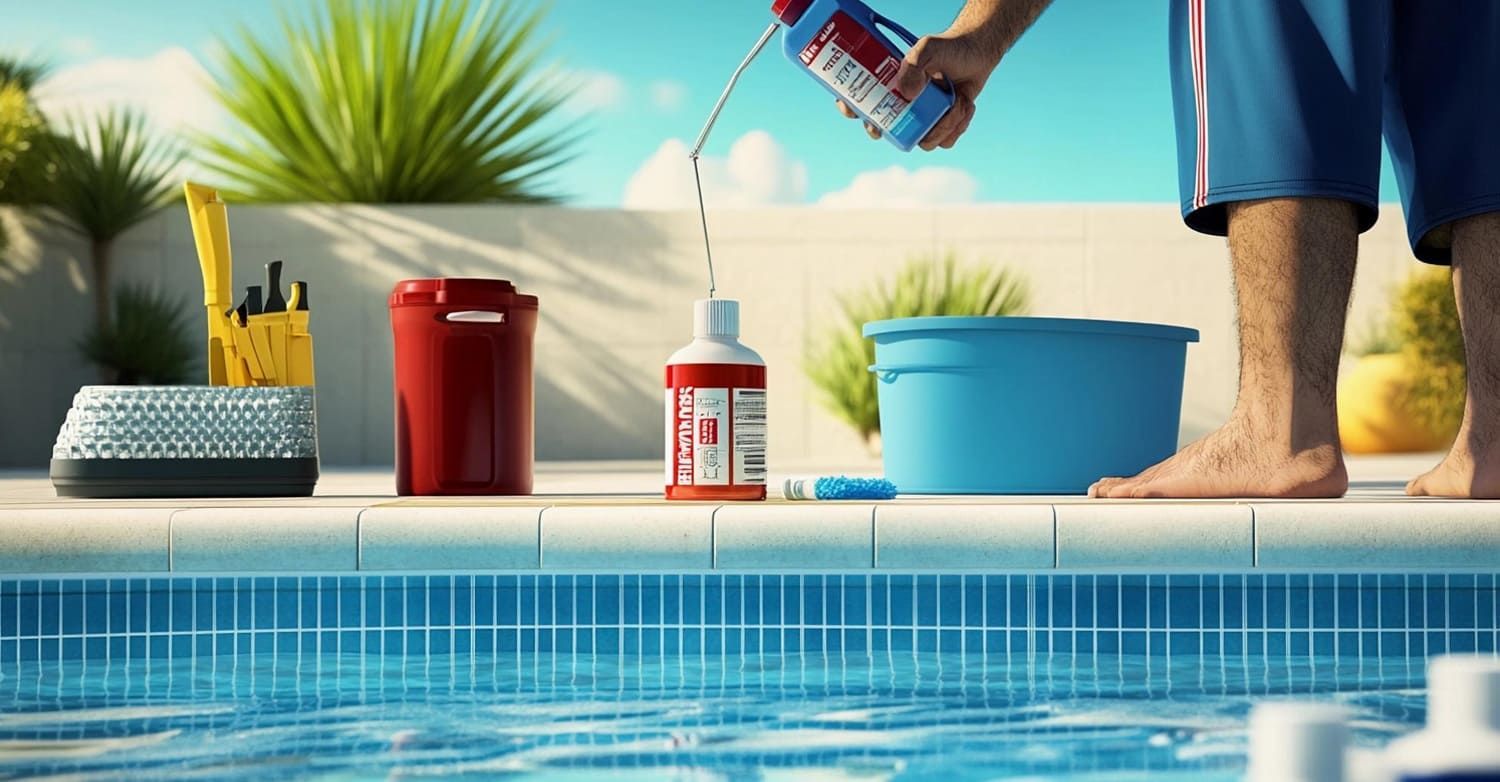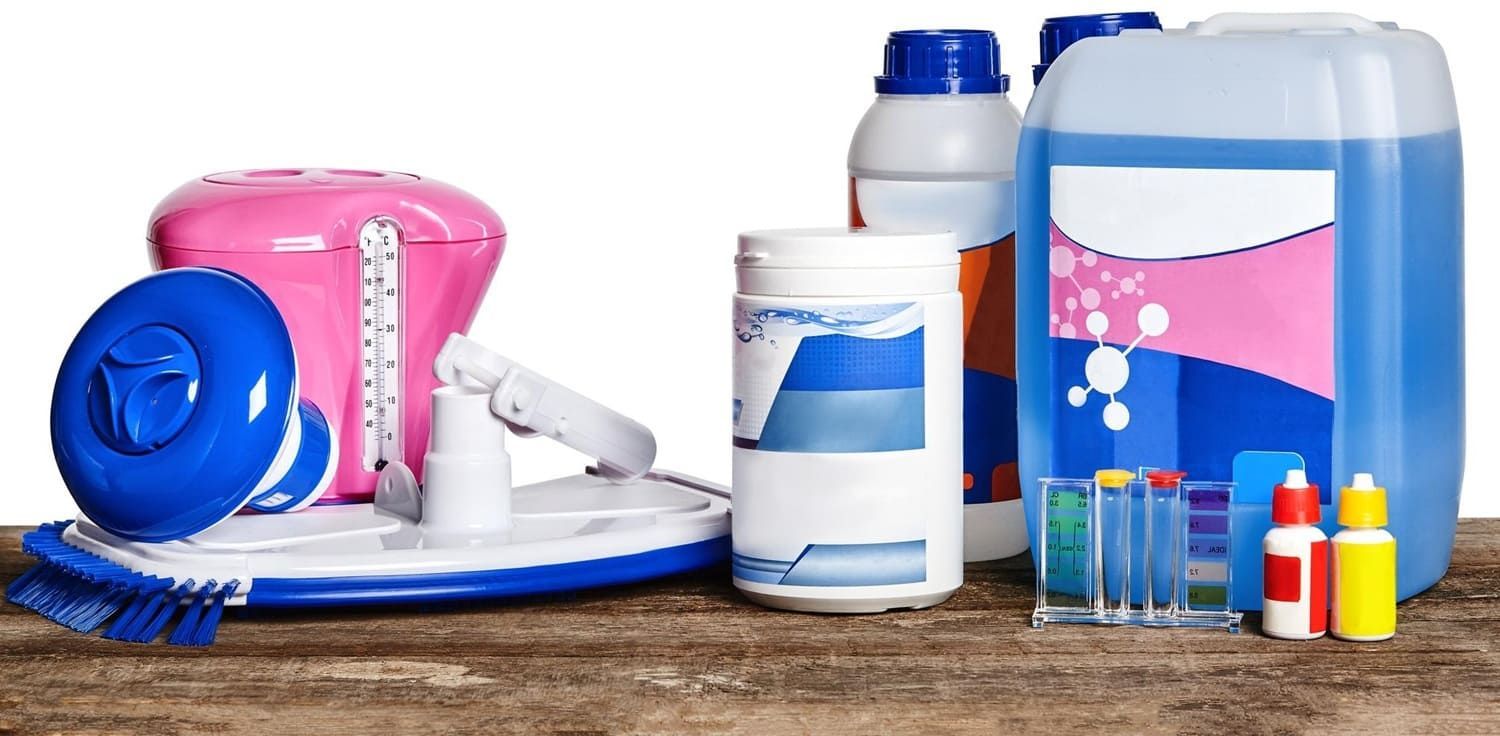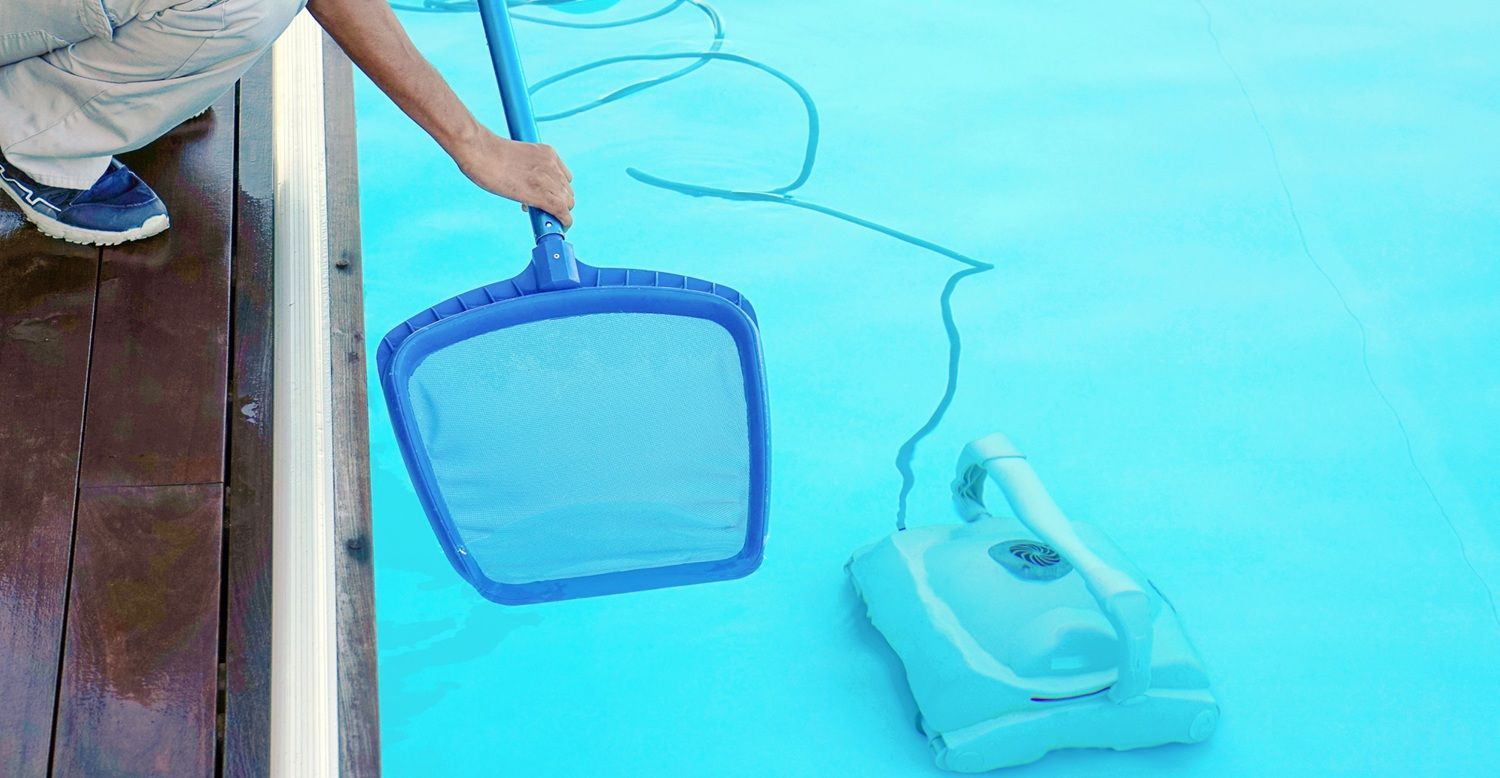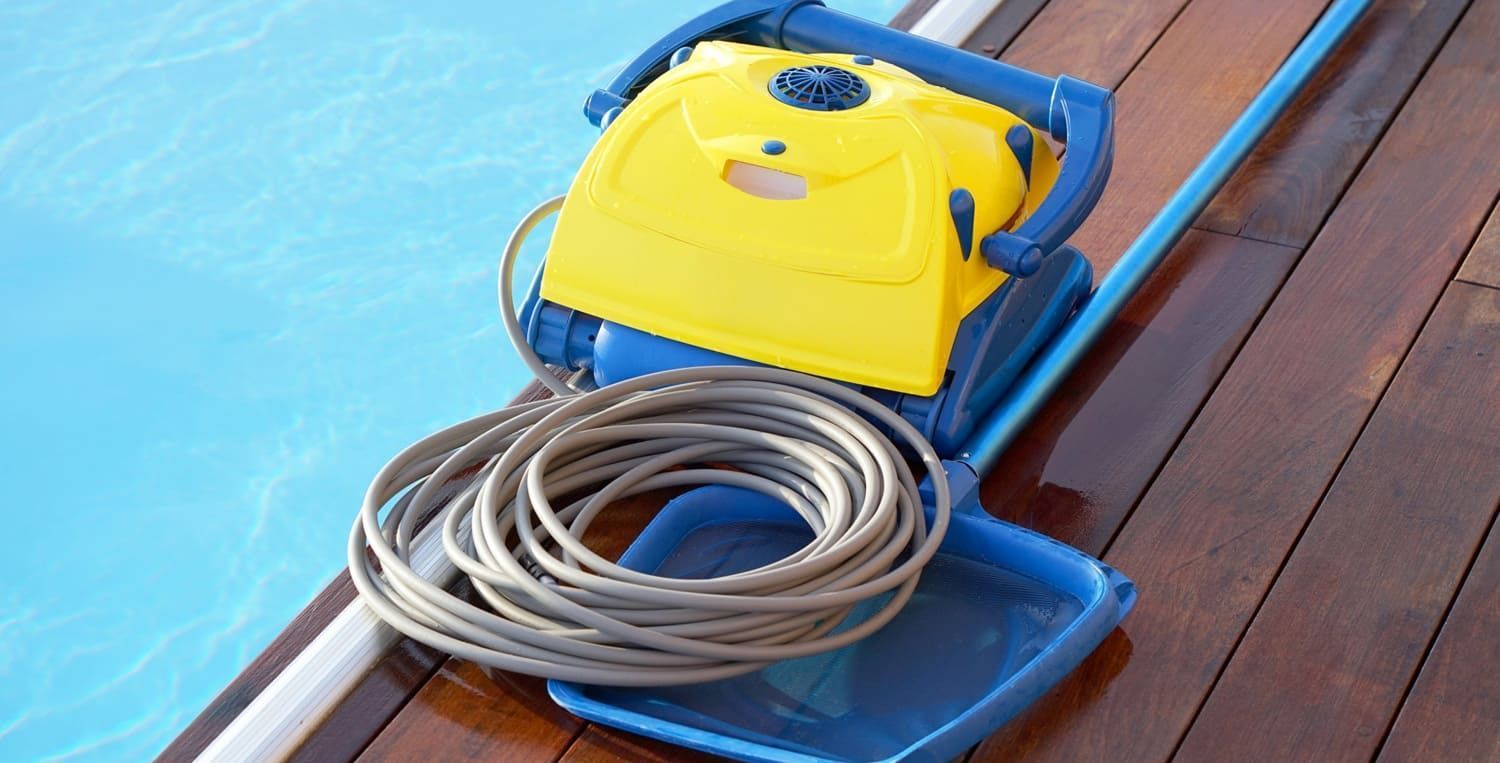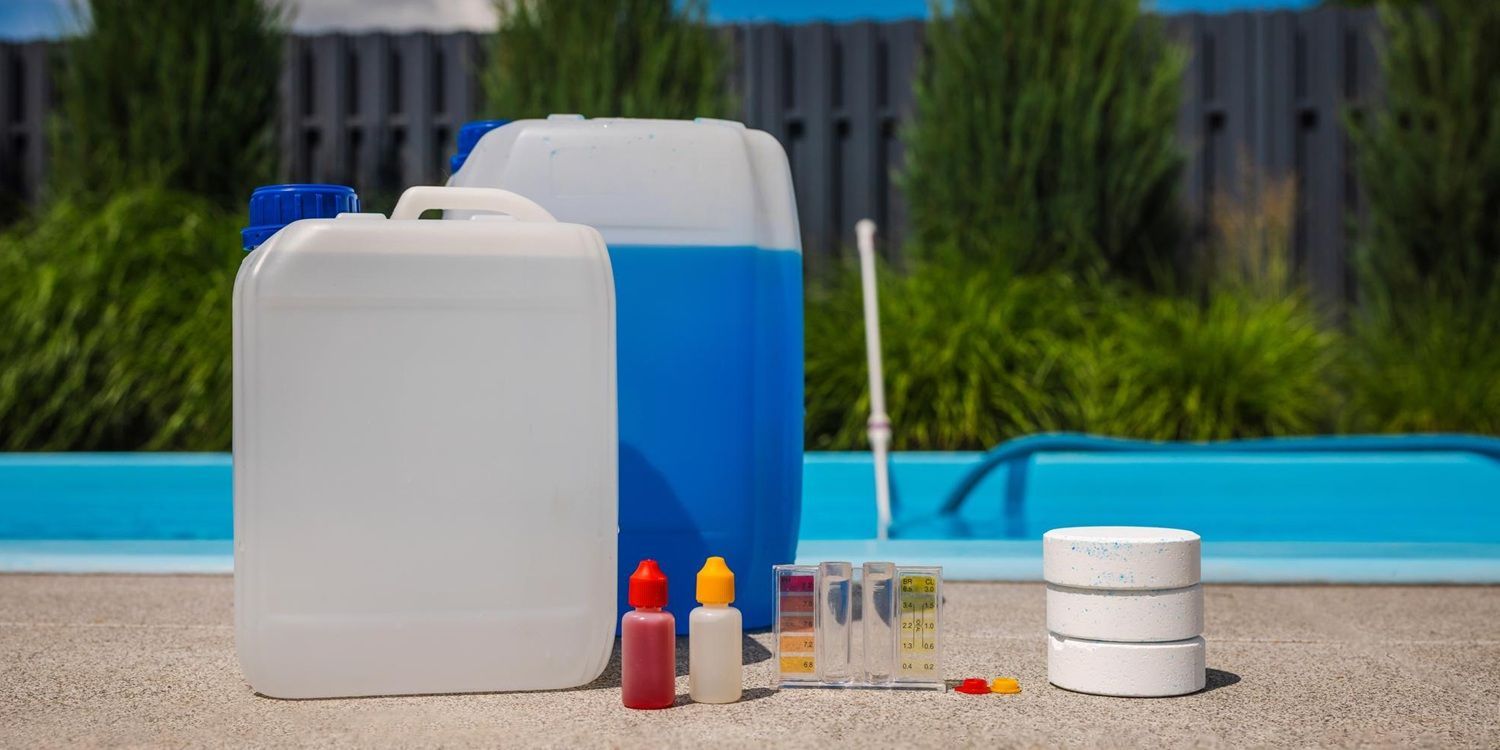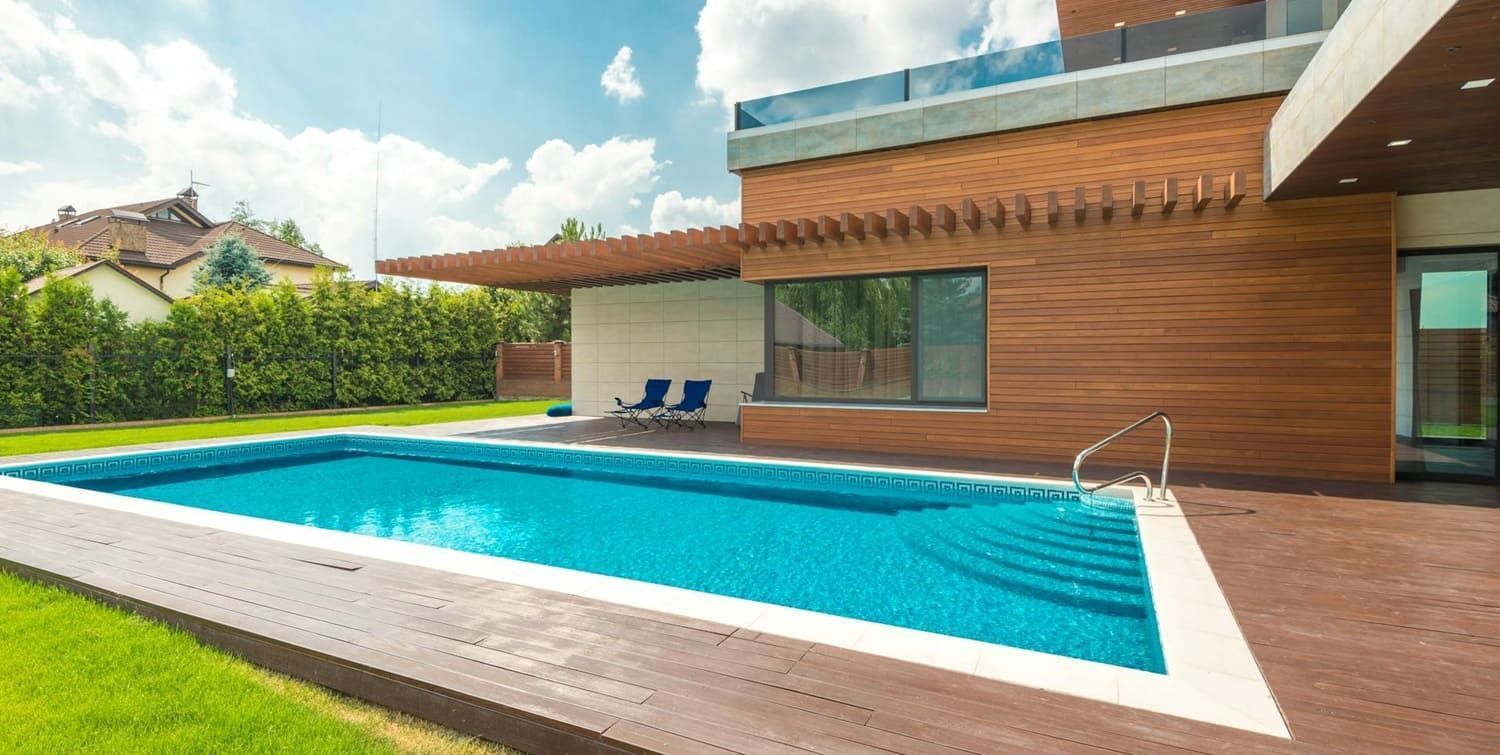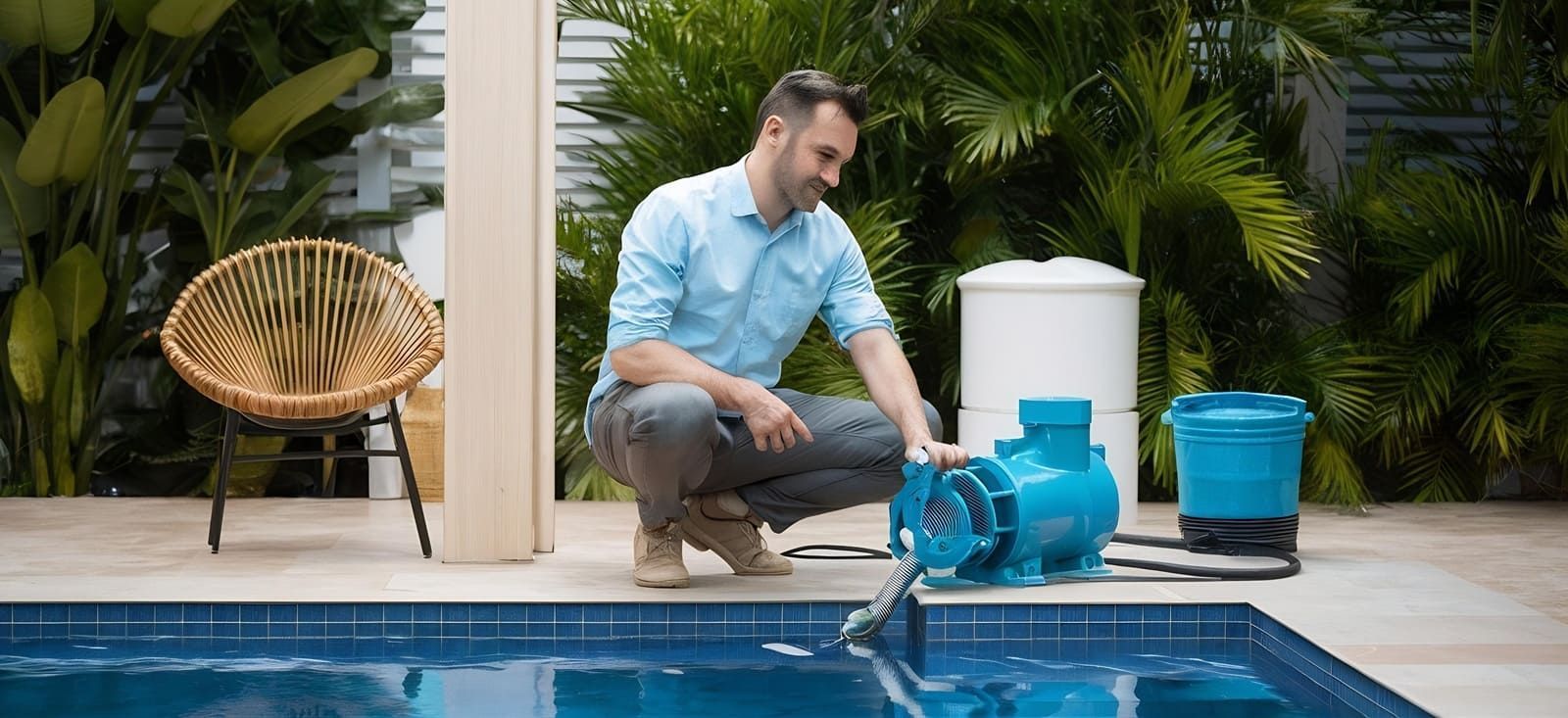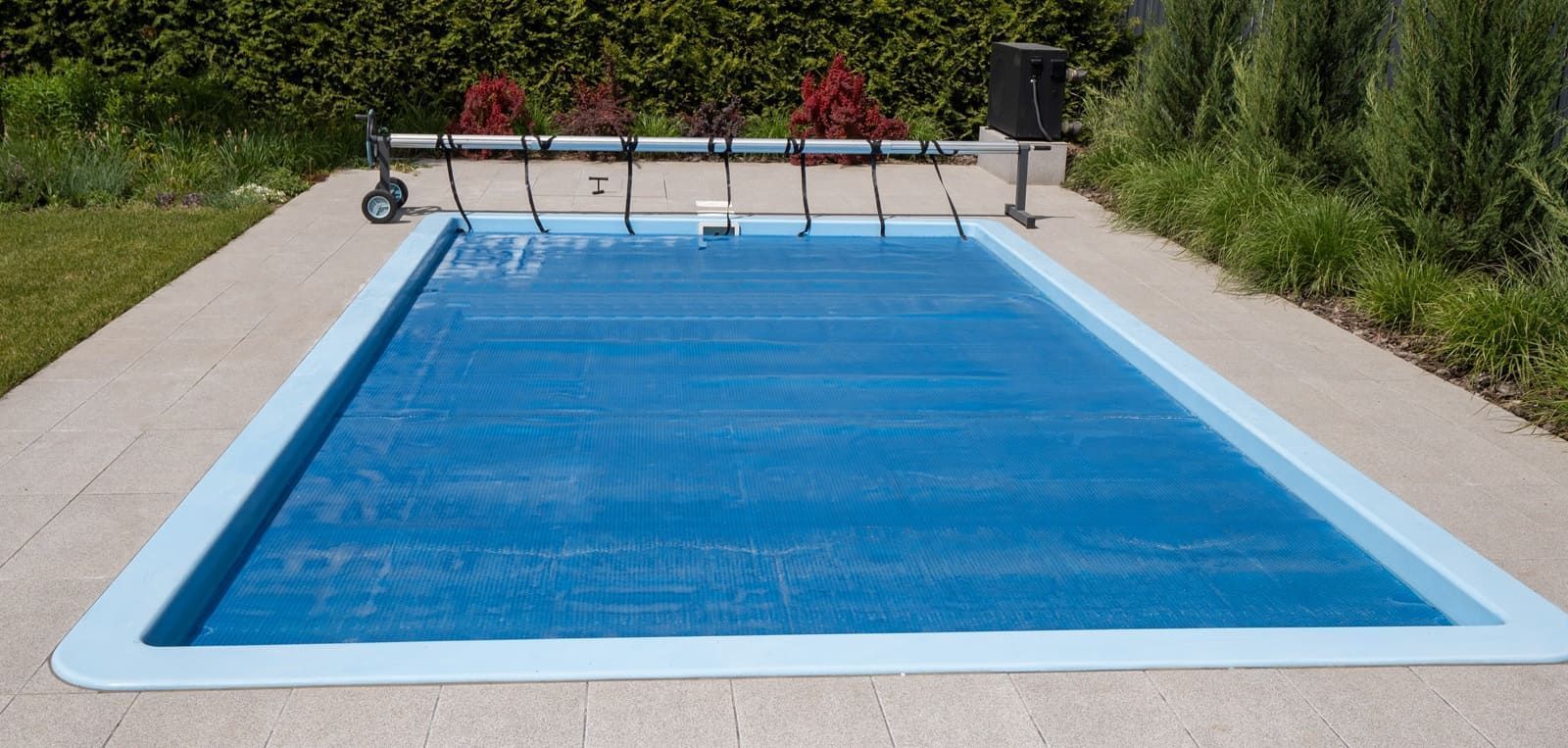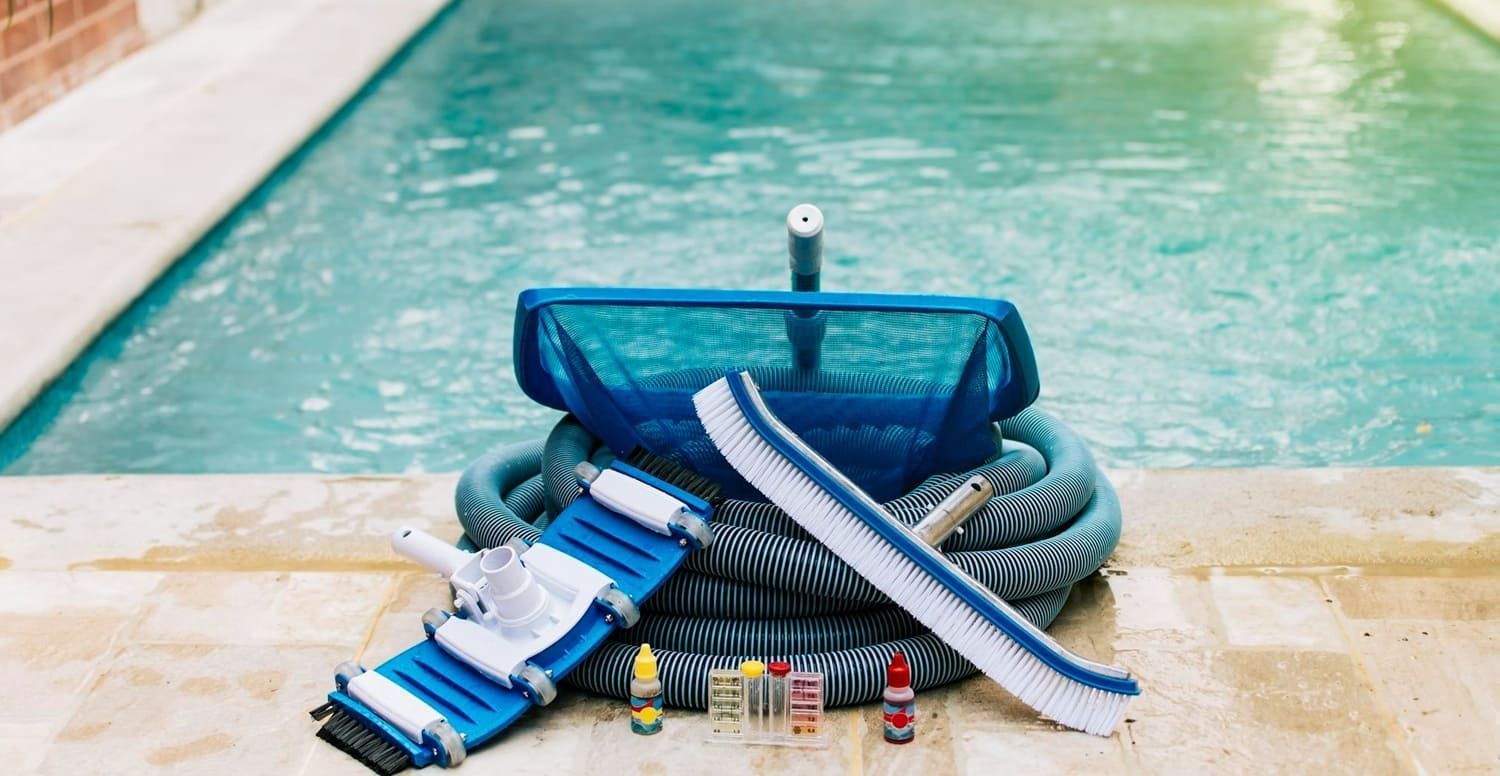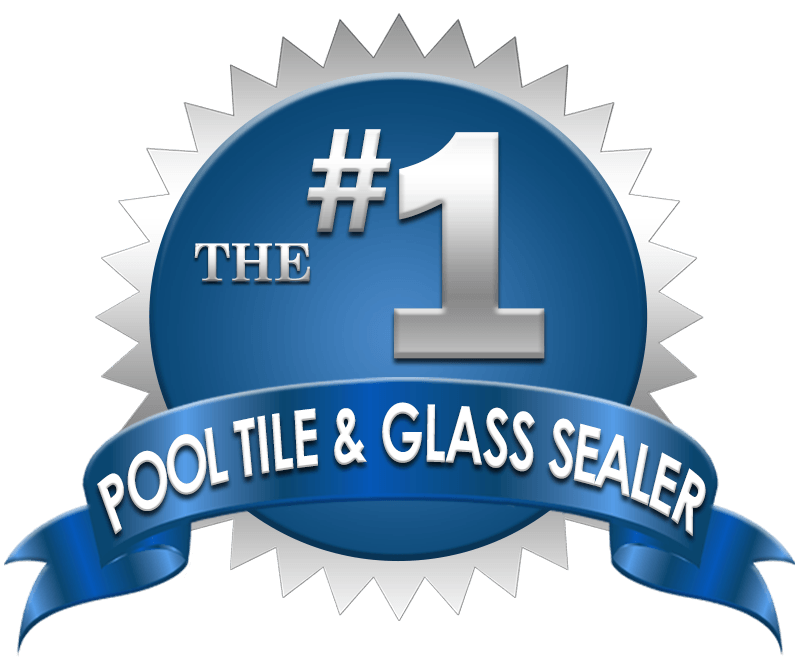Pool Cleaning: How to Make It Sparkle
Although swimming at home can be an incredibly exciting experience, maintenance is also very important. Read on to learn several pool cleaning tips.
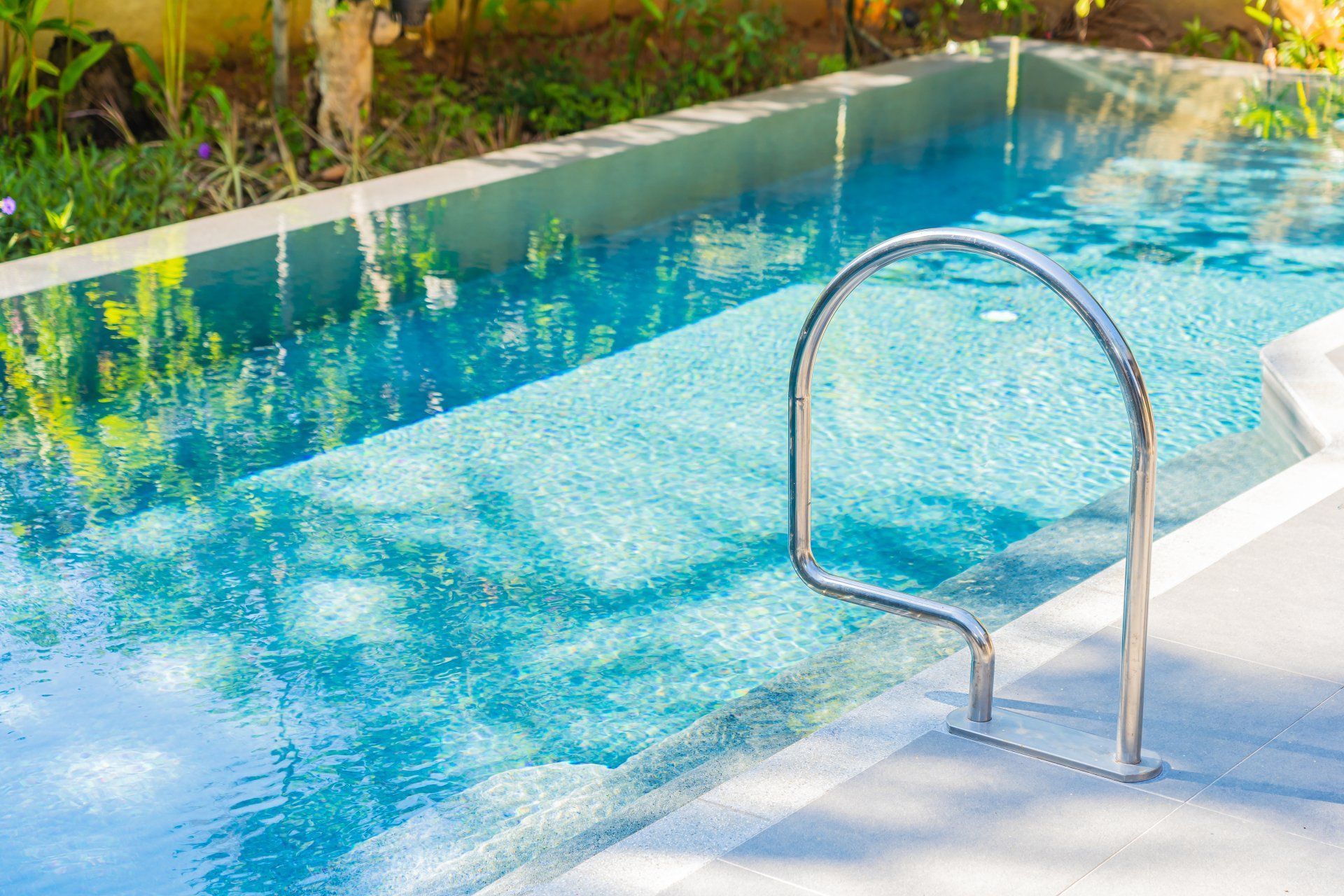
There are around 10.4 million home pools in the United States. That is a lot of pools to keep clean!
Whether you have had a pool for years or days, keeping your pool clean is a key part of pool enjoyment. With these tips, pool cleaning and general maintenance do not have to be difficult or overwhelming.
Keep reading to learn how to keep your pool sparkling clean all year long.
Skimming and Brushing Your Pool
The first thing to do when cleaning your pool is to remove any floating debris from the surface of the water. You can use pool cleaning equipment like a pool skimmer to grab leaves and other trash out of the pool.
After cleaning out the debris, you can start brushing down the sides of your pool. Use a pole brush with a telescopic pole and some pool cleaner to scrub the sides of the pool along with any steps or ladders your pool has.
The type of pool bottom you have will influence which brushing methods are best for your pool.
If you have a vinyl liner in your pool, using very abrasive pool cleaning supplies can damage the liner. Concrete and tile pools are more durable and can withstand abrasive scrubbing.
If you have pool tiles, calcium build-up can cause your pool to look dirty, but you can use household items like toothpaste and vinegar to scrub away the calcium build-up.
For really dirty pools, you may need a stronger abrasive to clean off the build-up. A pumice stone is one of the most useful natural pool cleaning products. You can use it to scrape off difficult to remove calcium build-up and other problem areas.
You can also use preventative pool cleaning products like Cal Block to help your pool tiles looking clean longer.
Vacuuming Your Pool
The floors of a swimming pool typically collect dirt, sand, and other debris. An easy way to remove any unwanted grime from the bottom of your pool is to vacuum it out.
There are different kinds of pool vacuums, but automatic vacuums and manual vacuums are the main two categories of pool vacuums.
Manual pool vacuums require more manual labor than automatic pool vacuums, but they cost much less money than automatic pool vacuums.
Automatic pool vacuums require much less work from you than manual pool vacuums, and they save you hours of time.
Choosing the right vacuum depends on your price range, the size of your pool, and how many hours you are willing to vacuum your pool.
If you are familiar with vacuuming carpet inside of your house, you will not have any difficulty vacuuming your pool! After setting up your vacuum according to manufacturer standards, move it along the floor of the pool.
You can leave it on extra dirty areas longer to make sure it sucks up all of the debris.
Vacuuming your pool weekly can keep debris from building up on the bottom of your pool, and it can also improve the color and clarity of your pool's water.
Chemically Cleaning Your Pool
There are many chemicals that are used to keep your pool sparkling clean. Chemicals like chlorine and bromine are commonly pool chemicals that are used to sanitize your pool.
Chlorine is a popular chemical because it does several things for your pool at once. It sanitizes, oxidizes, and stops algae from forming while also being clear and safe for swimmers.
Bromine is more often used in pools with warmer water, like hot tubs, because it can withstand the heat better than chlorine.
Bromine takes longer than chlorine to sanitize the water, but bromine remains active in the water for up to a week, continuing to sanitize your pool.
The process of pool shocking is done to break up combined chlorine, sanitize your pool, and raise the overall chlorine level of your pool.
If you have an algal bloom in your pool, you can get rid of it by cleaning your pool manually with an algae brush and by using chemicals.
Chemicals like algaecide and phosphate remover can also kill algae. You can add algaecide to your pool water after shocking it to prevent algae growth.
Phosphate remover is useful in the prevention of algae blooms because algae feed on phosphate. Without a food source, algae will not be encouraged to grow.
Regulating your pool's pH levels is an important aspect of pool maintenance. For the chlorine in your pool to work properly, the pool's pH must be balanced.
To regulate your pool's pH levels, you need to test them first. Pool pH testers are easy to find, and they will allow you to check the pH yourself instead of relying on a pool cleaning service.
Your pool's pH levels should be between 7.2 and 7.8. This range of pH levels is safe for you to swim in and will help keep your pool clean.
If your pH levels are outside of this range, you can use a pH reducer or pH increaser to bring it to the desired level.
How Can We Help With Your Pool Cleaning?
Keeping your pool clean is one of the main responsibilities of owning a residential pool. However, with the right equipment and supplies, pool cleaning can be easy.
Our line of non-toxic, environmentally safe, and effective pool cleaners will make your pool sparkle!
Check out our selection, and contact us today at
LayorCare Pool & Patio Protection if you have any questions.
Recent Posts
